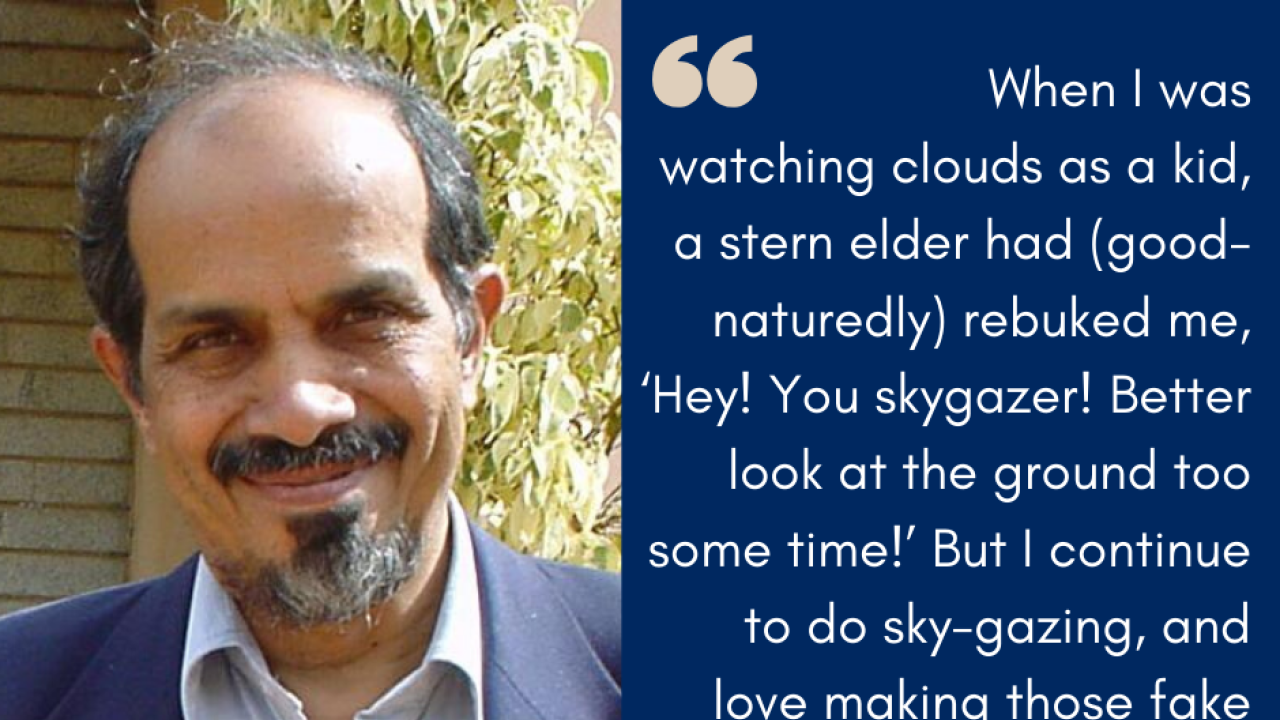
Why be a scientist? Nearly every scientist has a different answer and a different inspiration, drawn from varied careers, outlooks, and experiences. For its 40th anniversary in 2004, ICTP published the book One Hundred Reasons to be a Scientist, a collection of 100 essays from many eminent physicists and mathematicians with a connection to ICTP. The book is a source of many insights from the lives and careers of scientists, including Mildred Dresselhaus, Freeman Dyson, Vera Rubin, and Francis K.A. Allotey. The authors discuss what led them to study science, the difficulties they encountered and overcame, and their passions and hopes for the future.
We are revisiting twenty of these stories highlighting one of them every week, sharing inspirations from the essays and showcasing the words of these great scientists. During the uncertainty of the current global pandemic, the words will hopefully help researchers feel less alone in their scientific path.
We are presenting this week the story of Roddam Narasimha, an Indian aerospace scientist and fluid dynamicist. He was Director of India’s National Aerospace Laboratories (NAL) and is now a Professor at Jawaharlal Nehru Centre for Advanced Scientific Research (JNCASR), a multidisciplinary research institute situated in Jakkur, India.
In his essay he tells about his life as a student and as a researcher in India, working creatively to get the best out of sometimes inadequate resources and tools. You can read it here.
Former ICTP Director K.R. Sreenivasan, who was Professor Narasimha student, wrote a piece about his greatest contributions to fluid dynamics and his great impact as an intellectual and an educator. You can read it here.
Here you can also watch Professor Narasimha talk about “Science for Science’s sake”, in a video by Agastya International Foundation, an Indian education trust and non-profit organization based in Bangalore.
Finally, if you are interested in learning about 99 more scientists and what inspired them, you can find the whole book in electronic format for free download on ICTP’s library website, in English, Italian and Urdu.
Here you can read the previous stories:
















